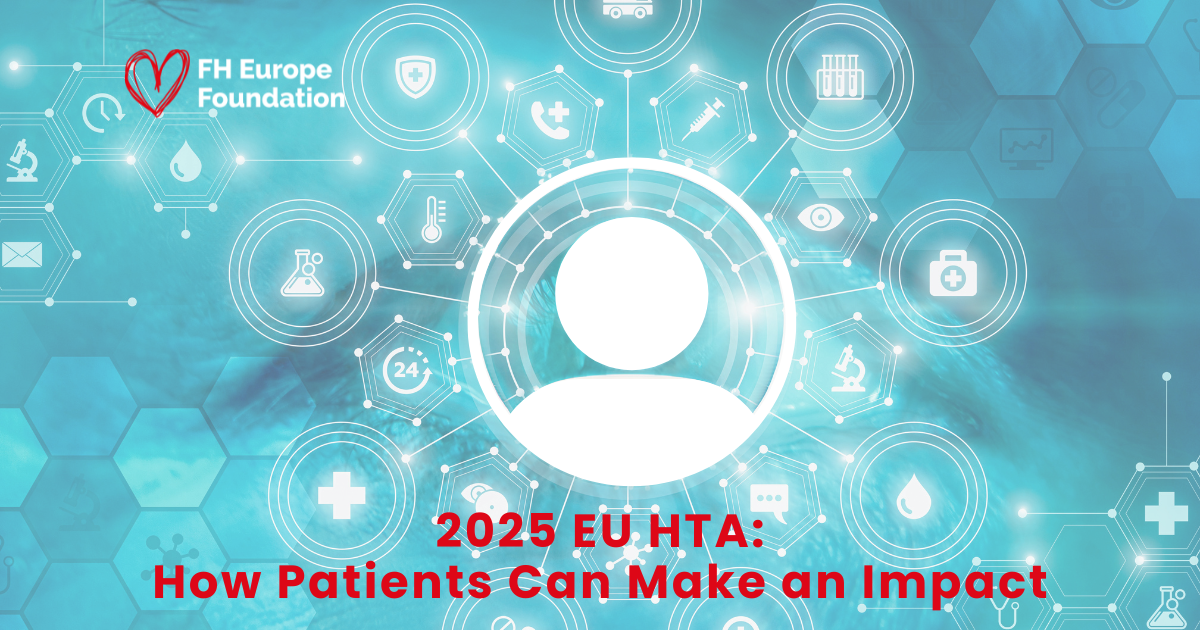
The upcoming EU Health Technology Assessment (HTA) Regulation, set to take effect on January 12, 2025, marks a significant shift in how medicines and health technologies are evaluated across Europe. For patients, this means faster access to life-saving treatments through streamlined and coordinated assessments, enhanced transparency with clear summaries of decisions, and a central role in the evaluation process, ensuring their perspectives are considered. The regulation aims to harmonize methods across Member States, fostering fairness and reducing duplication of efforts. While it promises improved efficiency and inclusivity, challenges such as adapting national systems, meeting tight deadlines, and managing complex procedures highlight the importance of understanding this regulation to ensure its successful implementation and maximize its benefits for patient care.
What is Health Technolgy Assessment (HTA)?
Health Technology Assessment (HTA) is a process used to evaluate the clinical effectiveness, cost-effectiveness, and broader impact of health technologies. These technologies can include medications, medical devices, diagnostic tools, and various treatments used in healthcare as well as social, economic and ethical implication of new technologies. The goal of HTA is to provide evidence-based information to help policymakers, healthcare providers, and patients make informed decisions about the use of these technologies. This ensures that the healthcare systems adopt the most effective and valuable treatments, ultimately benefiting patients.
In other words, HTA is a way to assess new health treatments and technologies to ensure they are safe, effective, and provide good value for money.
Key points to remember about HTA:
Changes in HTA Coming in 2025
With the new EU HTA Regulation coming into effect on January 12 2025, there will be significant changes aimed at harmonising HTA processes across Member States, fostering greater collaboration, efficiency, and inclusivity. It will revolutionise how new medicines and health technologies are evaluated across the EU. These are the key changes that will impact the FH Europe Foundation Community. Here’s what it means in simple terms:
For patients, these changes mean:
Despite the promising potential of the new HTA Regulation, several challenges must be addressed to ensure its effectiveness. Member States will need to adapt their national HTA systems to effectively incorporate findings from Joint Clinical Assessments (JCAs), which may require significant updates and adjustments. Additionally, the tight deadlines for assessments could pose difficulties for developers in providing high-quality data within the required timeframes. The complexity of JCAs, involving extensive documentation and coordination, further demands considerable expertise and resources, making smooth implementation a challenging yet essential endeavour.
Call for Ambassadors as patient experts:
We encourage our Ambassadors to consider the opportunity to be part of the EU HTA process representing the needs and expectations of people living with familial hyperlipidaemias (HeFH, HoFH, elevated Lp(a) and FCS). This is a unique chance to contribute to shaping the future of healthcare in Europe.
Improve your understanding of HTA now:
Call for participation in EU HTA
As part of our ongoing capacity-building efforts for FH Europe Foundation Ambassadors, we are excited to share an important opportunity for patient involvement in Health Technology Assessment (HTA) within the European Union. The EUCAPA training programme is currently seeking Patient Experts to participate in this crucial initiative, with a deadline for applications on January 15, 2025.
The Health Technology Assessment Regulation 2021/2282 (HTAR)
Preparing for the implementation of the HTAR regulation, it has become a key focus, as the new framework is expected to bring significant legal, procedural, and practical changes. Stakeholders, including patients, must be ready to ensure their perspectives are effectively represented at the European level.
As stated in the HTAR, patients are recognised as key contributors to provide robust evidence and information to assessors and co-assessors. Through the EUCAPA initiative, we are seeking patient experts to contribute to:
Role of Ambassadors
As an Ambassador, your voice as the patient expert will be a key contributor in informing the EU HTA process and helping to understand the real-world impact of health technologies.
Key Responsibilities:
Your voice is essential in ensuring that health technologies, such as medicines and high-risk medical devices, are assessed from the perspective of those who use them most—patients.
If you have any questions or if anyone else has already completed the training, please let us know by contacting Elsie Evans on elsie@fheurope.org. Together, we can make a significant impact on the healthcare landscape in Europe.
References & further learning: